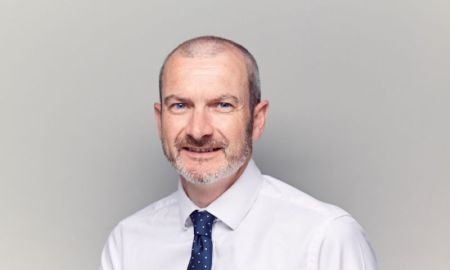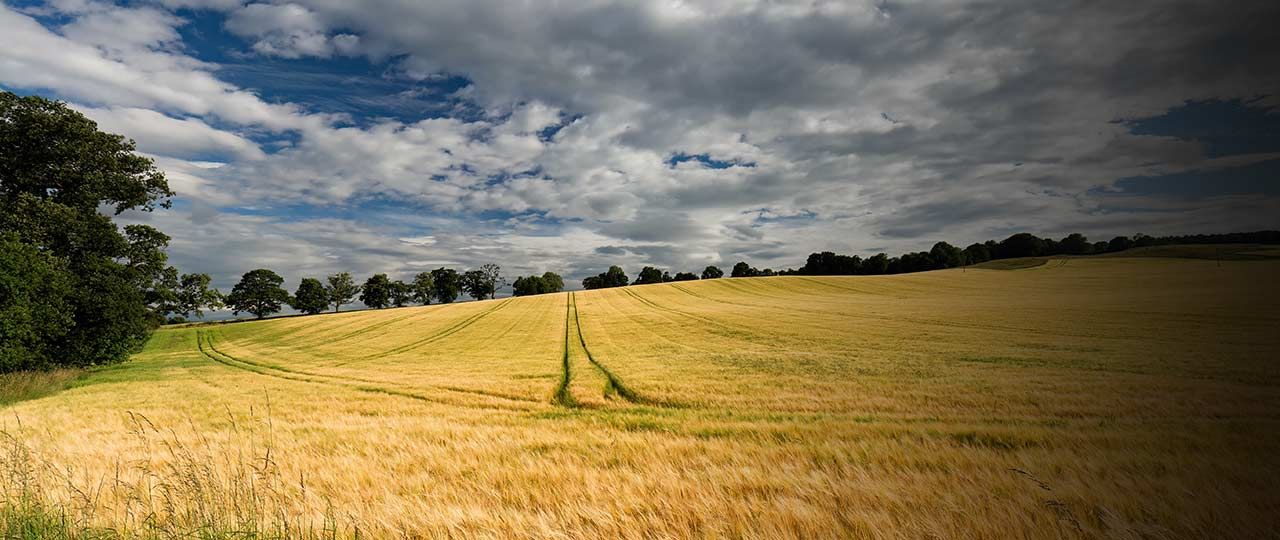
Jason Beedell
Director, Research


Director, Research
In a wide-ranging speech, he offered the farming industry greater clarity about how long existing agricultural support payments will continue for.
He also also sought to expand on how a new British Agricultural policy, based on environmental enhancement, might work in practice.
The government plans to issue a Command Paper this spring which will outline its policy proposals in more detail and will be subject to consultation.
However, the three headline messages in the speech were:
BPS to continue until 2024
Basic Payments will continue until around March 2024 – although it is not yet clear at what level. Mr Gove said 2019 BPS payments would be paid “on the same basis as we do now” but what happens after that will be decided after consultation with the industry.
This announcement was significant as it had been thought that the minster was keen to bring the Basic Payment Scheme to a close sooner, rather than later. However, it does appear that he has been persuaded by the argument that farmers need time to prepare for such a major change.
It is probably also an acknowledgement that any successor scheme to the BPS will take longer to implement than he hoped.
Payment capping for larger farmers
Mr Gove repeated his intention to cap payments to the largest farmers – possibly applying to anyone receiving £100,000 or more in support each year.
There is not much detail on how this would be implemented, but options include introducing a straight cap at a maximum level or implementing a sliding scale of reductions to the largest payments first.
Environmental enhancement
The minister has been very clear since taking office that in his view a new British Agricultural Policy has to be based on the principle of offering public money for public goods.
He told the audience at Oxford that he felt paying landowners for the amount of agricultural land they have is “unjust, inefficient and drives perverse outcomes”.
According to the speech, financial support will be available in future for those who choose to farm in the most sustainable fashion and enhance the natural environment. This might involve planting woodland, providing new habitats for wildlife, increasing biodiversity, contributing to improved water quality, offering public access and returning cultivated land to wildflower meadows or other more natural states.
The government is also determined that any scheme will be as accessible as possible, acknowledging that schemes such as Countryside Stewardship have proved “dizzyingly complex” to apply for.
Additional funding will also be made available for those who wish to collaborate to secure environmental improvements collectively at landscape scale.
Our team of over 40 specialist agricultural advisers are committed to understanding what matters most to our clients. All our people are from farming backgrounds and combine practical experience with technical expertise, giving us a real understanding of the issues faced by today’s farming community. They have a proven track record of making a lasting positive impact on the businesses that they advise. Call them to help your business be ready for a profitable, successful future.